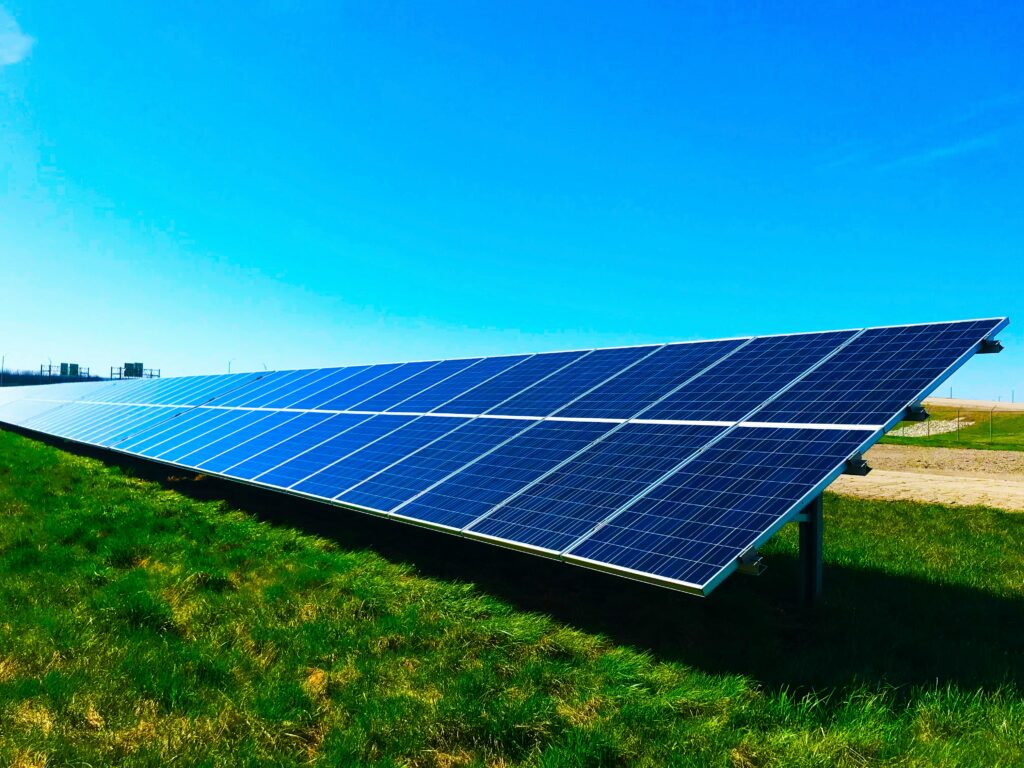
globalbizmag.com
EC Okays $3.27 Billion Aid to Romania to Achieve Net Zero Economy
The European Commission (EC) on Wednesday approved a $3.27 billion Romanian scheme to support installations producing electricity from onshore wind and solar photovoltaic plants to foster the country’s transition towards a net-zero economy, in line with the Green Deal Industrial Plan.
Interestingly, the output of the dispatched solar power plants in Romania topped 1GW for the first time on March 4, when the total production neared 6.5GW – some 0.5GW above the 6.0GW consumption, resulting in net export of electricity.
The EC scheme was approved under the State-aid Temporary Crisis and Transition Framework, adopted by the Commission on 9 March 2023 and amended on 20 November 2023, to support measures in sectors which are key to accelerate the green transition and reduce fuel dependencies.
The Framework amends and prolongs in part the Temporary Crisis Framework to enable member states to use the flexibility foreseen under State aid rules to support the economy in the context of Russia’s war against Ukraine.
Romania has requested EC, under the Temporary Crisis and Transition Framework, a $3.27 billion scheme to support installations producing electricity from onshore wind and solar photovoltaic. The aid is for the construction and operation of new installations for the generation of electricity from solar photovoltaic and onshore wind.
The aid will be granted through competitive bidding procedures and will take the form of a two-way contract for difference. The strike price will be determined through the bidding procedures (pay as bid) and the reference price will be calculated as a monthly output-weighted average of the market price of electricity in the day ahead markets.
When the reference price is below the strike price, the beneficiary will be entitled to receive payments equal to the difference between the two prices. However, when the reference price is above the strike price, the beneficiary will have to pay the difference to the Romanian authorities. The scheme therefore guarantees a minimum level of return to the beneficiaries, while at the same time ensuring that the beneficiaries will not be overcompensated for periods when the reference price is higher than the strike price.

Align with Conditions
The EC also found that the Romanian scheme is in line with the conditions set out in the Temporary Crisis and Transition Framework and the aid will be granted before 31 December 2025. Furthermore, the aid is subject to conditions to limit undue distortions of competition, including safeguards to guarantee that there are enough participants to the competitive bidding process.
The Commission concluded that the Romanian scheme is necessary, appropriate and proportionate to accelerate the green transition and facilitate the development of certain economic activities, which are of importance for the implementation of the REPower EU Plan and the Green Deal Industrial Plan.
Margrethe Vestager, Executive Vice-President in charge of Competition Policy at EC, said that this aid will enable Romania to support the deployment of new solar photovoltaic and onshore wind power plants.
“The use of contracts for difference provides incentives for the swift rollout of renewable energy sources and prevents overcompensation. This scheme will also contribute to reduce Romania’s dependence on imported fossil fuels, without unduly distorting competition in the Single Market,” she added.















